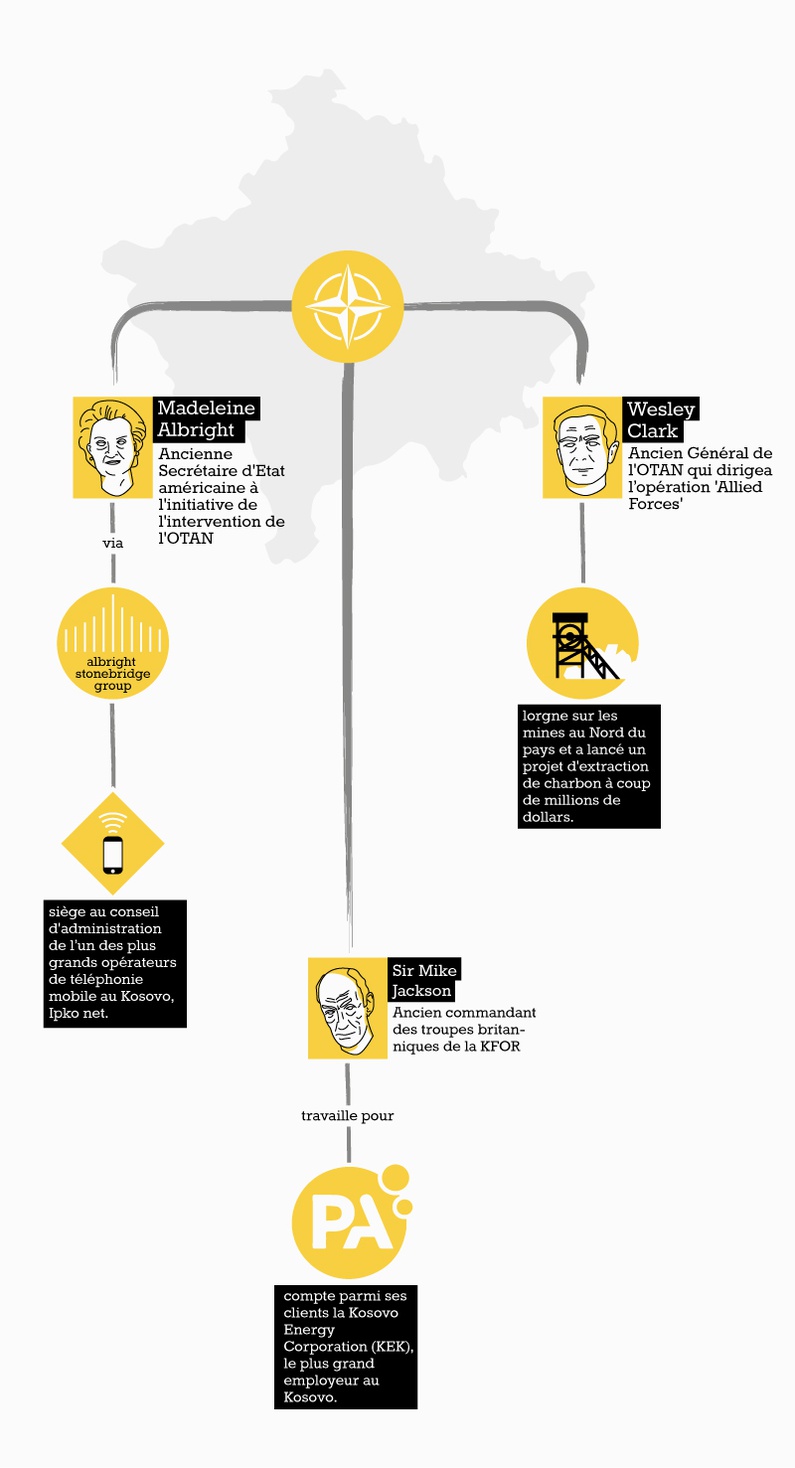
An Exquisite Corpse in the Land of Blackbirds: Chapter Eleven
Published on
Translation by:
Ida Sophie WinterIn the early 2000s, was Kosovo the site of organ trafficking, carried out by guerillas on Serbian prisoners? At the front of Europe’s inertia, an American returns to the diplomatic dance. Clint Williamson’s conclusions deliver an unexpected cliffhanger…
XI – From Brussels, with Love
In December 2011, the EU admits it has been shaken by the conclusions of Dick Marty's report. Stricken Kosovo remains the largest beneficiary of EU aid, with 1.2 billion euros swallowed in the past five years — with mediocre results in return. The small state is expensive, too expensive for the European Union, which wanted to prove that it, too, was capable of assuming a common foreign policy with its neighbours.
Brussels can hardly remain passive following accusations in the media and discrediting the new Kosovar government. In June 2011, a Special Investigative Task Force (SITF) on organ trafficking is developed. Though based in Brussels, the cell is placed under the direct mandate of EULEX (European Union Rule of Law Mission in Kosovo — Ed.). Its members are given immunity and work in close collaboration – through dialogue and information exchange – with other members of the Mission, based in Kosovo.
John Clint Williamson is named prosector of the 20-person task force. An American judge specialising in war crimes in the State Department in Washington, he has worked for the United Nations and the ICTY (International Criminal Tribunal for the former Yugoslavia — Ed.) with Carla Del Ponte. Though he offered his services to take over investigation for the European Union, he assured me he was never contacted. Why choose an American to lead a European mission? “Mr. Williamson was the best choice because he combines two essential qualities for an affair this sensitive: he’s a prosecutor and former diplomat.” When I met him near the headquarters of the European Commission in Brussels, SITF spokesman Jüri Laas gave me a very polished background briefing. “We had to wait until a consensus emerged between the Member States regarding his nomination. Mounting an ad hoc tribunal with the International Criminal Court would have taken more time and been more expensive. The Special Task Force was the fastest, least onerous solution to focus the investigation on accusations of organ trafficking against Serbs.
 Dick Marty had been very clear regarding the unique conditions needed for a new investigation: the establishment of a witness protection programme. When I asked him about the existence of such a programme, Laas did a 180. “Mr. Williamson made contacts at the highest level and the Albanian, Kosovar and Serbian presidents have accepted from now on to contribute to the investigation. Our current objective is to preserve the investigation’s secrecy.”
Dick Marty had been very clear regarding the unique conditions needed for a new investigation: the establishment of a witness protection programme. When I asked him about the existence of such a programme, Laas did a 180. “Mr. Williamson made contacts at the highest level and the Albanian, Kosovar and Serbian presidents have accepted from now on to contribute to the investigation. Our current objective is to preserve the investigation’s secrecy.”
Williamson, who gives few media interviews, promotes “patience” and above all silence. The SITF is supposed to report its findings in 2014 (In reality, Williamson’s report was made public last July — Ed.). The date wasn’t coincidental: EULEX was initially projected to leave Kosovo in June 2014. Official negotiations regarding Serbian accession to the European Union began in January 2014.
The European Union prioritises the Balkans in its pursuit of expansion. The goal is to include Serbia in the EU, while striving to find a compromise between Serbians and Kosovars, without offending anyone. Since the opening of a political-historic 'dialogue' between Pristina and Belgrade in April 2013, celebrated by High Representative of the Union for Foreign Affairs and Security Policy Lady Catherine Ashton with canapés and press releases, there hasn’t been room for sensitive subjects. The European “dwarf” observes polite silence regarding the crimes committed by the current Kosovar government.
In the European Parliament’s subdued Member’s bar, a deputy expresses it bluntly but off the record. “The European Union has never recognised Kosovo’s independence because it simply never spoke with the same voice in the region. And the European states have different interests in Kosovo, no matter in which protectorate.” Russia, Spain, Slovakia, Romania, Greece and Cyprus have also not signed on to Kosovo’s independence for fear of consequences among their national minorities, which regularly advocate for autonomy. To evoke a “protectorate” for today’s Kosovo is a polite metaphor.
For this deputy, one of the major obstacles is the absence of a witness protection programme. “The countries participating in the EULEX mission don’t dare hope to put in place such a programme for financial reasons. It costs too much money to rehouse a witness, his family, to give him a new identity. Anyway, Marty didn’t have any evidence in his report, no names, no witnesses. Furthermore, we can’t forget there was a war, and Dick Marty is only concentrating on one aspect of the crimes. I’m not far from thinking that there exists a will to influence the political game on the part of states that haven’t recognised Kosovo.”
Nothing was ever proven in the organ trafficking affair, and this has provoked the order’s death in Brussels. Always, according to the deputy, “these conjectures simply point to a failed state. The population is fearful. The reality is that we don’t have a choice: no alternate policy exists in the Kosovo of Hashim Thaçi, whom we know well and who remains the United States’ favourite.” Understand: if Kosovo remains an American creature, it’s the Europeans who have dirty hands.
YOU JUST READ THE ELEVENTH CHAPTER OF OUR INVESTIGATION INTO ORGAN TRAFFICKING IN KOSOVO. DISCOVER THE NEXT CHAPTER OF THIS GREAT THRILLER EVERY TUESDAY THROUGHOUT THE AUTUMN HERE AT YOUR ONLY EUROPEAN MAGAZINE.

Translated from Cadavre exquis au pays des merles noirs : chapitre 11



